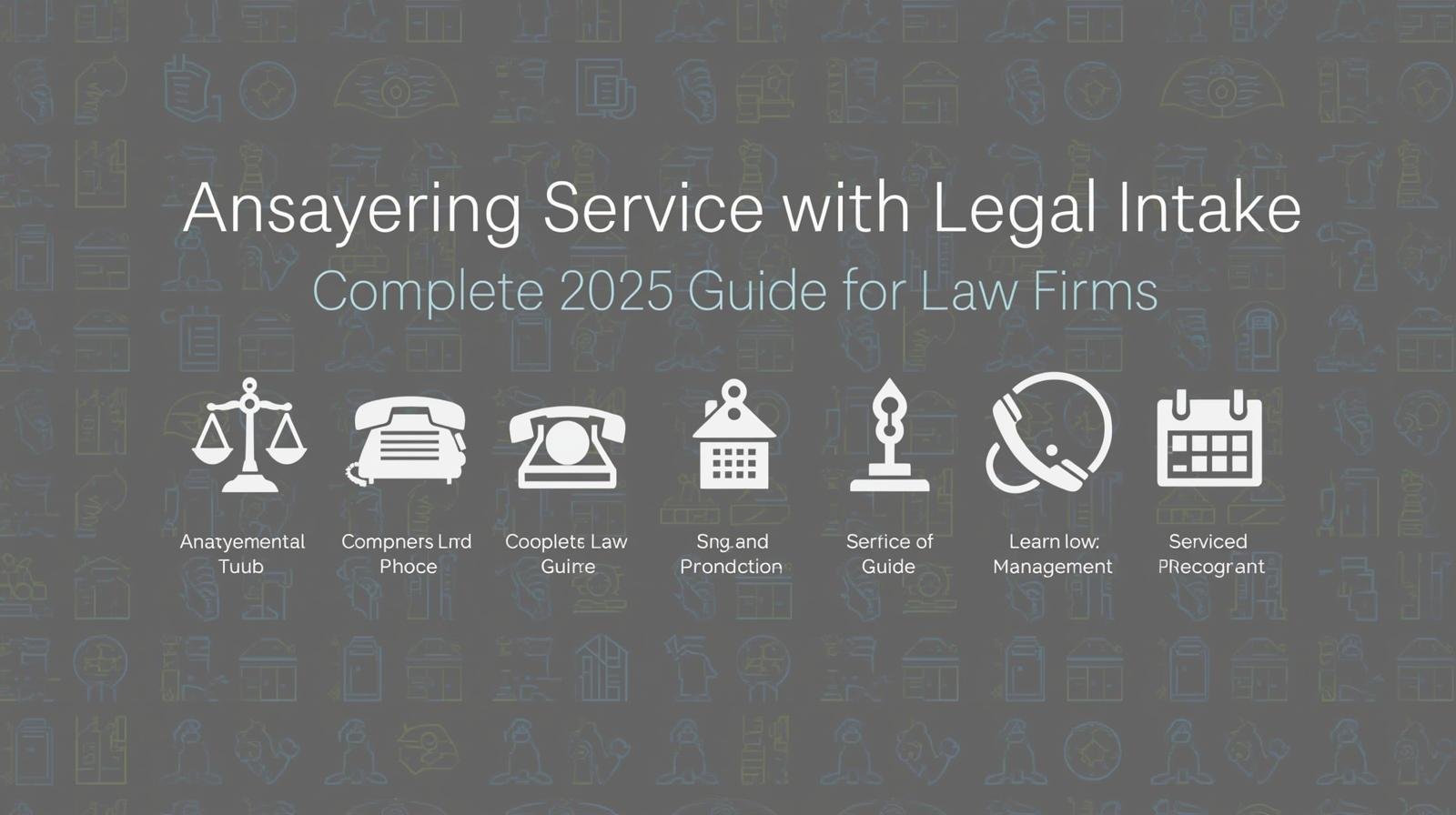
Health insurance benefits are often more comprehensive than people realize, and there are several valuable features that individuals tend to overlook. Here are some commonly overlooked health insurance benefits.
Telemedicine and Virtual Care
Many health insurance plans now offer telehealth services, allowing you to consult with doctors or specialists remotely. This is especially useful for minor illnesses, follow-up appointments, or mental health consultations.
2. Preventive Services
Preventive care is typically covered at no extra cost, even if you haven’t met your deductible. This includes:
- Screenings (e.g., cholesterol, blood pressure, cancer)
- Vaccinations (e.g., flu shots, HPV)
- Wellness exams and physicals
- Counseling on lifestyle factors like smoking cessation and weight management
3. Mental Health and Behavioral Health Services
Coverage for mental health services, including therapy, counseling, and sometimes even substance abuse treatment, is often more extensive than people realize. Many plans provide a set number of therapy sessions at low cost, especially for in-network providers.
4. Chronic Disease Management
Insurance plans often cover services related to managing chronic conditions, such as diabetes, hypertension, asthma, and more. These benefits can include:
- Access to nurse lines or disease management programs
- Coverage for diabetes supplies (like glucose meters or test strips)
- Educational resources to help manage conditions effectively
5. Maternity and Newborn Care
Many people overlook the full scope of maternity benefits. In addition to coverage for labor and delivery, many plans also cover:
- Prenatal and postnatal care
- Breastfeeding support (lactation consultations)
- Newborn care, including screenings
6. Fitness and Wellness Programs
Some health insurance plans offer discounts or reimbursements for gym memberships or fitness programs. Others may provide access to wellness programs that include resources for nutrition, weight loss, and exercise.
7. Alternative and Complementary Medicine
Some plans cover alternative therapies like acupuncture, chiropractic care, massage therapy, and even certain forms of naturopathy. It’s worth checking if your policy offers any coverage for these services.
8. Hearing and Vision Care
Routine hearing and vision exams may be covered, as well as discounts on eyewear and hearing aids. Some policies also offer partial coverage for corrective lenses, glasses, or contact lenses.
9. Home Health Care
If you’re recovering from surgery or have a chronic illness, home health care may be covered, including skilled nursing, physical therapy, and assistance with daily activities (e.g., bathing, dressing).
Read More: life Insurance Claims Process Explained Simply
10. Travel Health Coverage
Some health insurance plans include travel benefits, such as coverage for medical emergencies when traveling abroad. This may also extend to emergency evacuations, medical transportation, or repatriation.
11. Health Savings Accounts (HSAs) and Flexible Spending Accounts (FSAs)
Many people don’t take full advantage of HSAs or FSAs, which can be used to pay for out-of-pocket medical expenses, including some that are not covered by insurance. These accounts offer tax benefits as well.
12. Second Opinion Services
Some health plans cover the cost of a second opinion from a specialist, which can be crucial when dealing with serious diagnoses or treatment plans.
13. Prescription Drug Savings
Many plans offer a pharmacy discount program or have special deals on certain medications that can save you money beyond the typical copay or coinsurance, including mail-order pharmacy services for maintenance medications.
14. Hospital and Outpatient Care
Some plans offer broader coverage than anticipated for outpatient procedures, surgeries, or hospital stays, including costs for rehabilitation or physical therapy post-treatment.
15. Pediatric Care
For families, health insurance typically covers a wide range of pediatric services, including well-child visits, vaccinations, and developmental screenings, which may not be fully understood.
16. Case Management Services
Many health plans provide case management services to help individuals with complex or long-term health issues coordinate care, understand their benefits, and navigate the healthcare system more effectively.
Reviewing the specifics of your health plan can ensure you take full advantage of these benefits, which may help you manage costs and improve your overall health care experience.









Leave a Reply